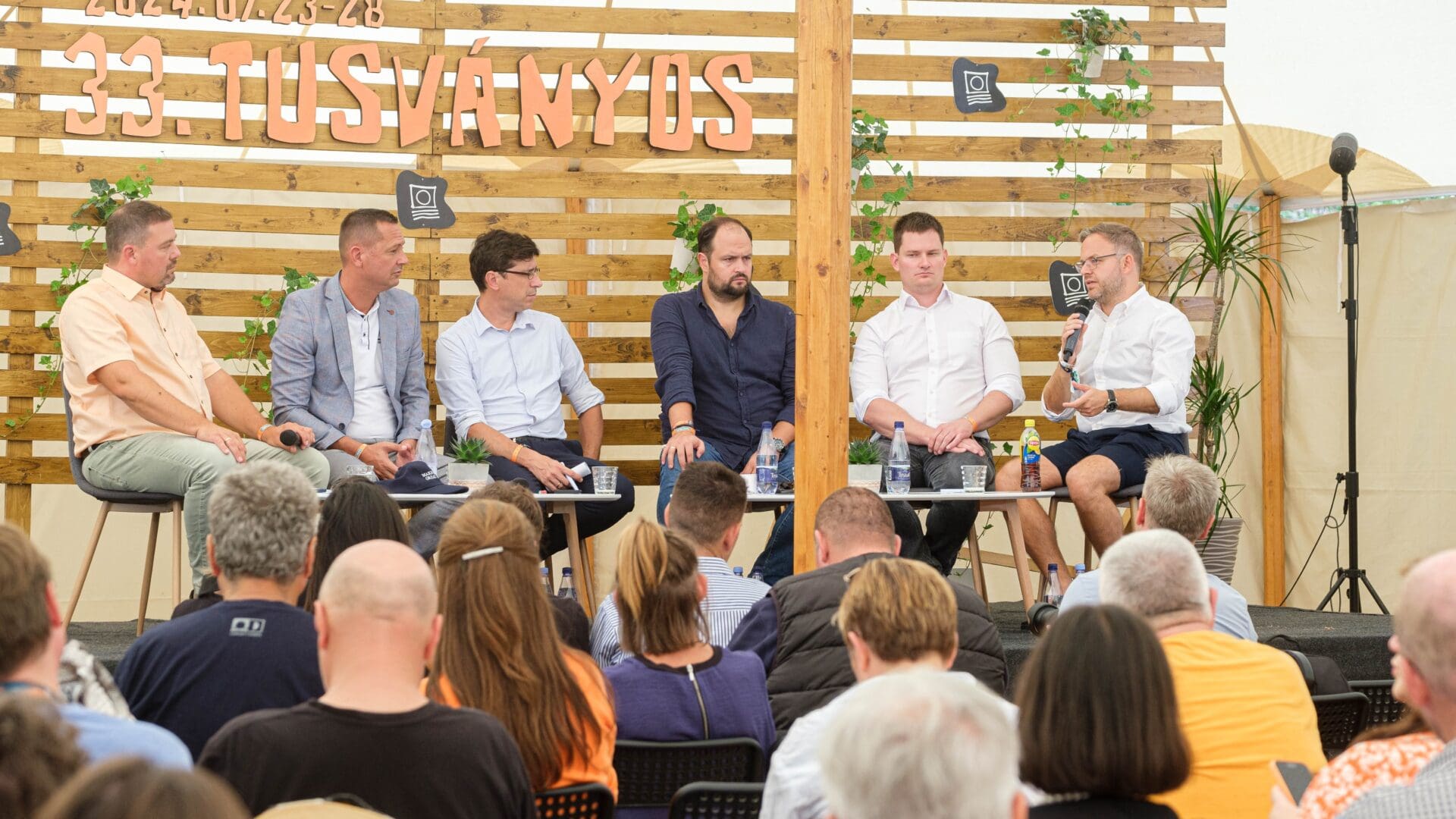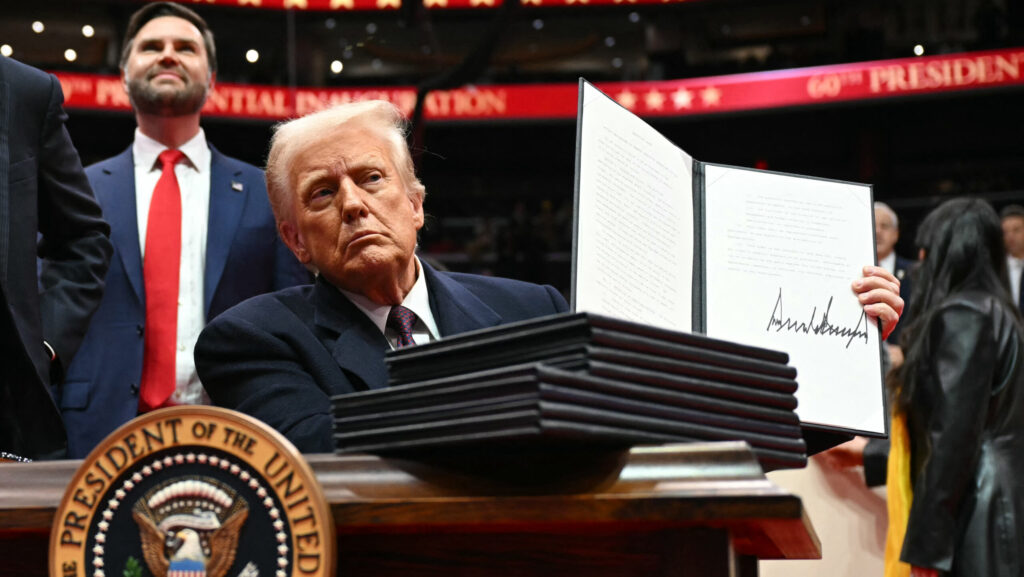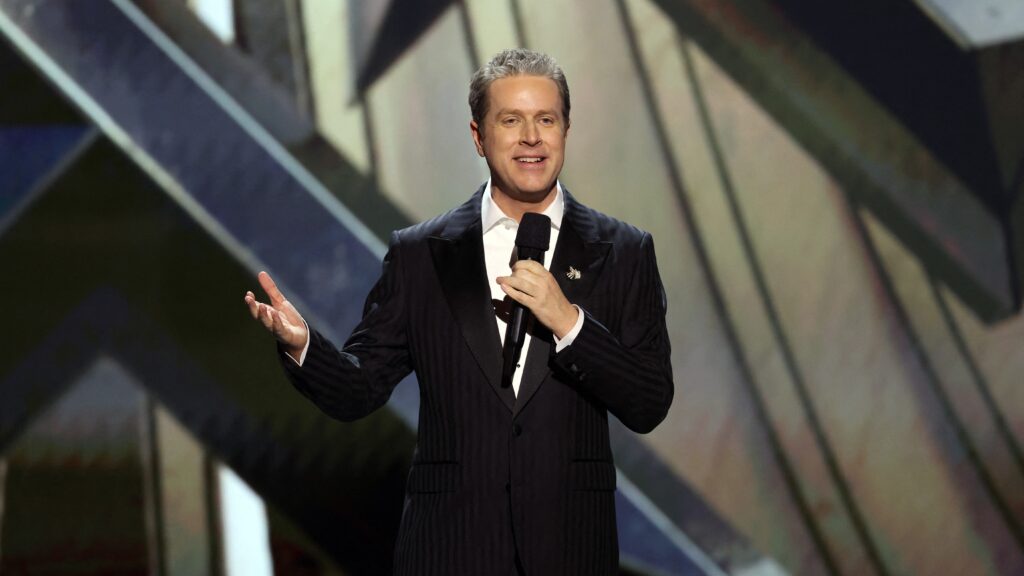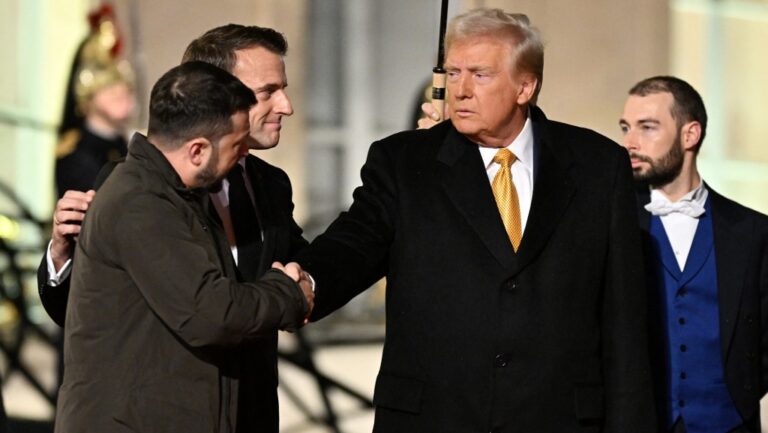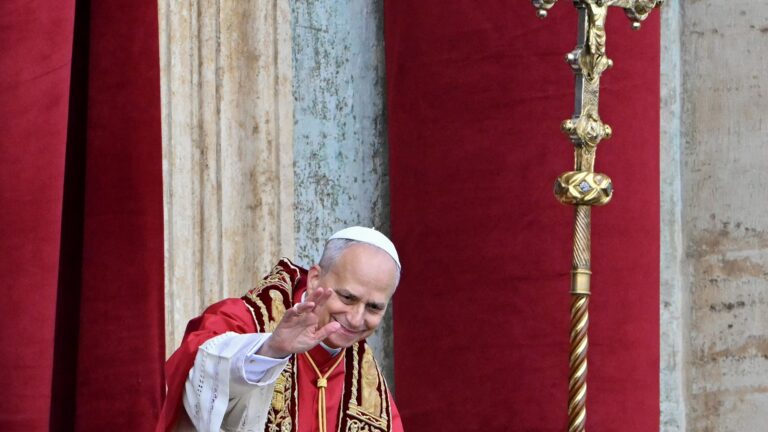The Prime Minister’s Political Director expects that peace advocates will eventually become the majority in Europe, stating that ‘time is on their side’. Balázs Orbán emphasized at a party political roundtable discussion on Thursday at the 33rd Bálványos Summer Open University and Student Camp that the events surrounding the Lukoil pipeline are related to the peace mission and Hungary’s stance on the war.
‘In two weeks, we managed to stir up a wave that is causing serious problems for the entire European pro-war power centre. An alternative strategy has emerged, represented by Hungary, and it will be presented for debate at the European Council meeting. It is a historic situation and responsibility for Hungary to do everything it can for peace,’ Balázs Orbán opined, adding that it is obvious that
the majority of Europeans want peace and that European politics must change accordingly.
When asked who supports the Prime Minister’s peace mission, Deputy Leader of the LMP parliamentary group Máté Kanász-Nagy said that LMP cannot be accused of not being pro-peace. Everyone wants peace, including the government and Viktor Orbán, but Kanász-Nagy is unsure if this peace mission has brought peace any closer, and he does not yet see the tangible results of the diplomatic tour.
Leader of the Jobbik parliamentary group László György Lukács highlighted that Jobbik has consistently stood for just peace whenever it came to voting or making principled statements in Parliament. If this is the true content of the peace mission, Jobbik supports it, he highlighted.
Deputy Leader of the KDNP parliamentary group Lőrinc Nacsa recalled that Mayor Gergely Karácsony had previously said that we are at war, and Ferenc Gyurcsány, who ran on a joint list with Jobbik, declared that weapons and soldiers should be sent to Ukraine. Márton Gyöngyösi, who was the party leader until two weeks ago, voted for 17 pro-war resolutions in the European Parliament, he listed.
MSZP MP Zsolt Molnár pointed out that the peace mission is a good thing, but they would like to know its real content. It is important to ensure that peace is somehow just, but the current perception is that the proposals rather serve Russian interests.
Balázs Orbán expressed hope that the peace mission has opened a path.
The prerequisite for peace is the restoration of communication.
How can you want peace if you do not talk to one of the warring parties? he asked. What has been happening for the past 2.5 years is a dead end, leading nowhere, he noted. He added that no one is saying the process will be easy. One can talk about peace, but the question is who takes it seriously, he stressed. He assessed that it is uncertain how Ukraine’s situation will develop in the coming years. There would be openness from the Transcarpathian Ukrainian leadership to cooperate with Hungary, but Kyiv is at war, wanting to defeat the Russians. Kyiv’s policy, however, identifies Hungary as a political opponent due to its pro-peace stance.
Regarding the cordon sanitaire against the Patriots for Europe faction, László György Lukács said it is never good if someone is quarantined because of their role or opinion regarding a political side, either in Europe or Hungary. Many people voted for these forces, and what happened is not right, he noted. Lőrinc Nacsa reacted by saying that positions in Brussels are distributed based on whether one is pro-war or not.
Zsolt Molnár found it unacceptable if the principle of proportionality is not upheld and Hungarian representatives are excluded, stating that what happened is not correct. He disputed that positions are allocated based on pro-war stance but acknowledged that Hungary is being punished for some reason.
Máté Kanász-Nagy opined that it is a grave mistake and injustice if a similar situation happens to anyone. The stance of Western European centres is hypocritical; they quarantined the faction. Meanwhile, Western companies are happily conducting polluting activities in Hungary without any consequences.
Balázs Orbán called the events revenge. It is insignificant, petty revenge, he said, and added that he has the same opinion about the boycott of EU council meetings. It is pro-war pressure, he stated, noting that there is no longer any ideological difference, as the European People’s Party progresses with the leftist mainstream, like the Greens. He identified the true power logic as having a party family. Central Europe did not have a party family until now, but now it does, which, he said,
will greatly strengthen Central Europe’s advocacy capacity.
Regarding the conduct of the European Commission, Lőrinc Nacsa said that the Commission should return to its original role and stand on the rule of law. Currently, we do not experience this, he noted. The Commission used legal tools as a political blunt instrument, regularly applying double standards against our country.
Zsolt Molnár argued that the European Commission cannot be understood merely as a mechanical executing body; it is more complex than that. The Commission has leeway, even if it is not necessarily fortunate for us. László György Lukács added that the government is mandated to improve the deteriorated relations with certain European leading bodies and power centres. Máté Kanász-Nagy concluded that the struggle with Brussels is between certain politicians and the government, and he would not participate in that.
Related articles:

